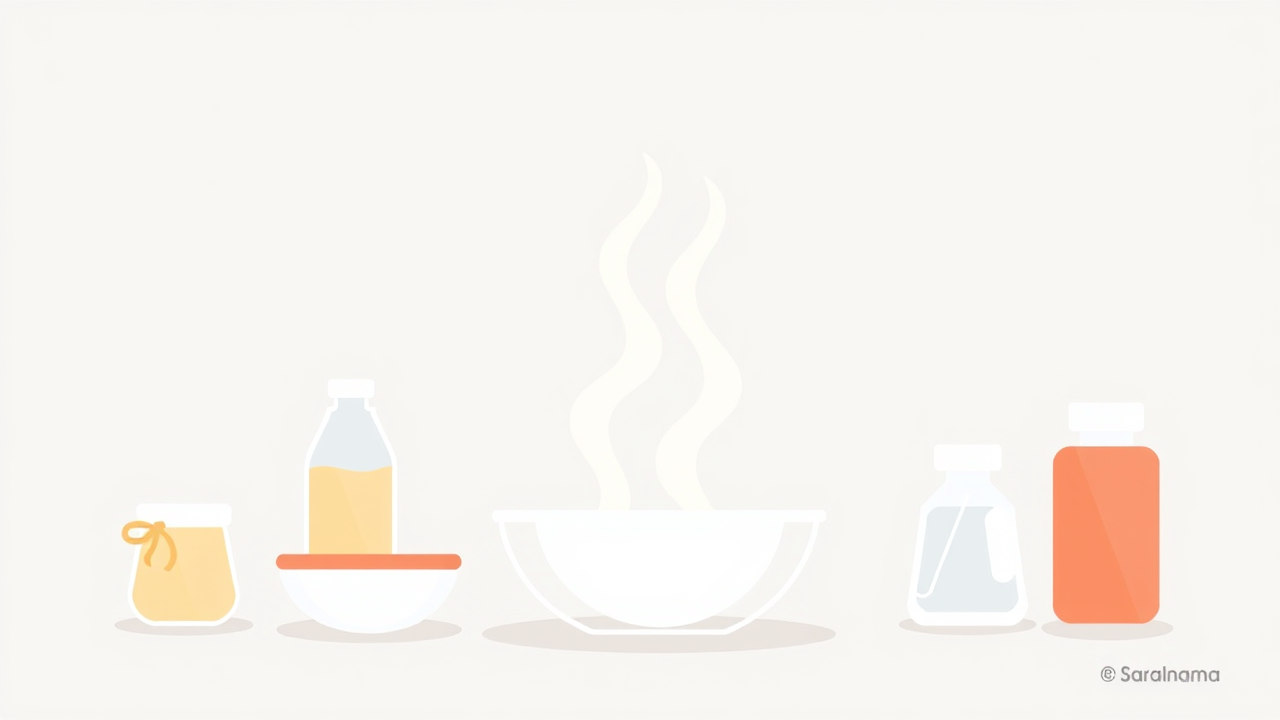Black plastic kitchen utensils may pose serious health risks, according to health experts and recent studies. A 2024 study revealed that 85% of black kitchen items contained banned flame retardants, often in high concentrations. Many black plastic utensils are manufactured from recycled electronics such as TVs and computer casings, which contain harmful flame retardants and heavy metals. When heated during cooking, these chemicals can leach into food, exposing consumers to hormone disruptors and carcinogens. Health professionals warn that these substances are linked to thyroid problems, reproductive issues, neurotoxicity, and various cancers. The risk increases significantly with high-heat cooking methods, especially when preparing fatty foods. Experts recommend switching to safer alternatives like stainless steel, food-grade silicone, or wooden utensils. Avoiding microwaving plastic utensils and reusing them can also reduce exposure to these potentially dangerous chemicals.

Health Risks and Safer Kitchen Utensil Alternatives
Consultant dietician Kanikka Malhotra explained that polycyclic aromatic hydrocarbons (PAHs) from black plastic utensils leach into food during high-heat cooking. PAHs are probable carcinogens linked to lung, colorectal, and breast cancers. These chemicals accumulate in organs over time, causing liver damage and kidney dysfunction, while also disrupting hormonal balance and fertility. High temperatures, fatty foods, prolonged contact, and cooking methods like frying increase leaching. To minimise risks, experts recommend stainless steel utensils for their durability and non-leaching properties, food-grade silicone for heat resistance, and wooden utensils for general use, though they should be avoided for high-heat cooking. Simple changes in kitchen tools can significantly reduce exposure to harmful toxins.
Source: Link
